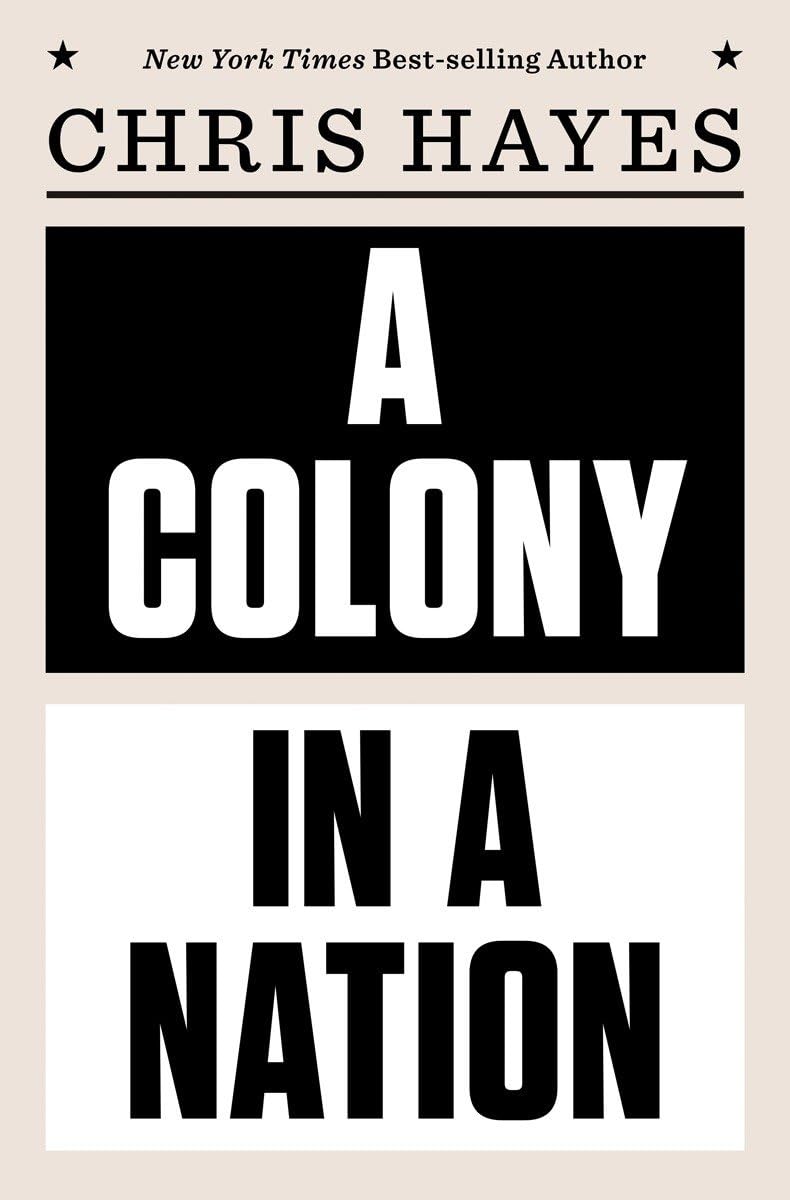Several mornings after Michael Brown was shot and killed, and a group of angry youths burned down the local QuikTrip gas station, I ran into a few gentlemen assembled in that same burned-out parking lot, arguing and talking about politics as they cleaned up the site. One man in his 50s, with a wiry intensity, looked into the camera and said, “We want the world to know that we are a dignified, intelligent people, and we deserve every liberty that the United States Constitution affords any citizen.”
But what was the Constitution doing, really, in Ferguson? It seemed an absurdly remote abstraction, as practical a piece of protection as reciting a poem into the barrel of a gun. And yet, in a grand irony, the document itself—and the nation it binds together—was born of almost the exact same set of grievances as those of the protesters getting teargassed in the streets of Ferguson.
We are taught in grade school that the motto of the American Revolution was “No taxation without representation.” The tyrannical King George III insisted on taxing the colonies against their will, employing ever more draconian measures to do so, until the colonists could take it no longer. But dig a little deeper into the history, and it turns out the spark of the revolution was not so much taxation as the enforcement of a particular tax regime—in other words, policing.
Today the word “taxes” conjures up images of our modern administrative state, with automatic payroll deductions and marginal brackets. But that image fails to capture what taxation meant in the colonies at the time of the revolution. Under the British colonial system, the lion’s share of taxes was assessed as tariffs. Merchants and consumers in the colonies had to import nearly all of their products from British companies and pay very steep tariffs to do so. To the mercantilist empires at the time, the logic was impeccable: Colonies meant cheap commodity imports for the home country, a lucrative market for manufactured exports, and significant revenues through tariffs on all those exchanges. (The British would later employ this same logic to outlaw Indians on the subcontinent from making their own salt or weaving their own garments.)
This system, of course, only kicked in when the British Empire made the goods the colonists wanted to buy. Often, many popular products weren’t produced anywhere in the empire. Madeira wine, for example, was made in rival Portugal and became quite popular in the colonies (George Washington was a famous devotee of the beverage), but it had to be smuggled in.
